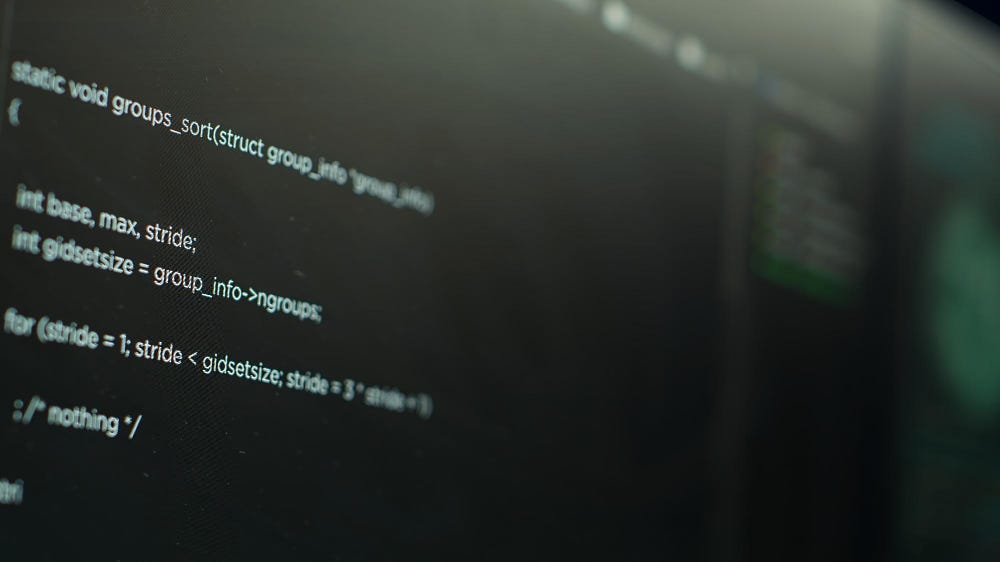The Intelligence Reciprocity: Why AI Success Demands Smarter Humans
"Honestly, anybody who's a computer scientist should not be retiring right now should be working on AI." — Sergey Brin, Google’s Co-Founder.
When I heard Brin say this, it resonated deeply. As someone who's spent over 25 years building digital solutions, I can tell you we're living through something unprecedented: human-machine collaboration is fundamentally redefining how work gets done. It is a calling and I feel like home coming.
This isn't science fiction. This is happening right now for those of us who understand how to drive AI properly.
The Real AI Gap
Here's what I've learned from working with AI daily: success isn't about the technology. It's about intelligence reciprocity—the intelligence you put into the system is the intelligence you get out.
Most organizations are asking the wrong question. Instead of "How can AI replace human tasks?" they should ask: "How can AI amplify human intelligence?"
My AI Partnership Reality
In my experience as a developer, working with AI is like having a top-of-the-class intern who is sophisticated in syntax but inexperienced at work. They're incredibly capable and ready to follow your lead, but the key is this: you must lead them intellectually.
This isn't about finding shortcuts or what some call "vibe coding"—a term I fundamentally disagree with because it deflates the real value of human-AI collaboration. It gives an oversimplified scenario of having an AI agent code for you, when the experience is actually not "coding for you" at all.
As a developer, you actually require more attention on system design, handling conflicts, and developing logic. When you want to develop serious applications with proper modules and workflows, it becomes true human-AI collaboration where your strategic thinking becomes even more critical.
When I approach AI with clear frameworks and structured thinking, the results are transformative. When I treat it as a magic button, I get generic outputs that still require extensive manual work.
Three Levels of AI Collaboration
Through my work, I've identified three distinct levels:
Level 1: Automation - AI handles routine tasks
Level 2: Amplification - AI enhances my capabilities
Level 3: Acceleration - My strategic thinking guides AI to discover new possibilities
Most people get stuck at Level 1. The breakthrough happens at Level 3.
The Strategic Imperative
This paradigm shift demands something fundamental from us: we must become more strategic, more framework-driven, more intelligent to lead AI effectively.
I've seen this repeatedly—the professionals thriving with AI aren't just technically proficient. They're the ones who can think strategically about how their domain expertise can be amplified through intelligent machine collaboration.
The Competitive Divide
I'm witnessing a new divide emerge. On one side: people treating AI as sophisticated automation. On the other: those recognizing AI as an intelligence amplifier requiring strategic human guidance.
The winners aren't choosing between human or artificial intelligence—they're optimizing the partnership.
The Call to Action
Brin's observation applies to every knowledge worker today. This is not a time to retreat into familiar ways of working. This is a time to become more intelligent in how we approach our work.
The question isn't whether AI will change your work. The question is whether you'll become strategic enough to lead that change.
From my perspective as both a technologist and entrepreneur, those who master this intelligence reciprocity won't just survive this transformation—they'll define what comes next.


